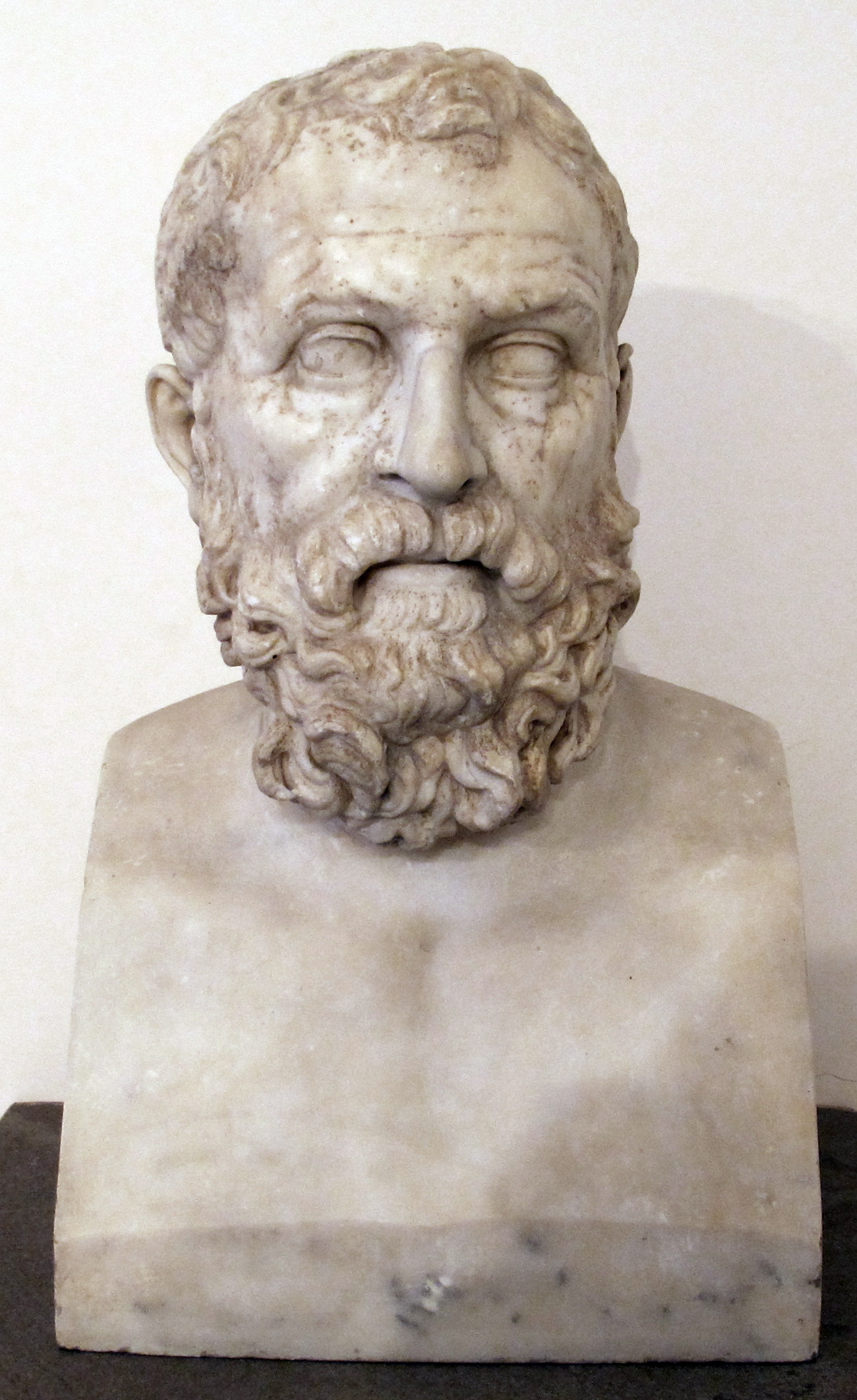Solone frasi celebri
“Impara a ubbidire e imparerai a comandare.”
Origine: Frase scritta da Solone in un angolo del tempio di Apollo a Delfi; citato in Luciano De Crescenzo, Storia della filosofia greca. I Presocratici, Mondadori, 2005, p. 20.
Solone Frasi e Citazioni
“Col desiderio delle cosce e della dolce bocca.”
Attribuite
Origine: Citato in Apuleio, Sulla magia e con sua difesa, EDIPEM, 1973.
citato in Giuseppe Fumagalli, Chi l'ha detto?, Hoepli, 1921, p. 513
Attribuite
Origine: Citato in I lirici greci, Bignami, p. 61.
“Congettura le cose che non appaiono da quelle che appaiono.”
Origine: Citato in I lirici greci, Bignami, p. 48.
“Se avete patito angherie per la vostra viltà non date in qualche cosa agli dei la colpa di queste.”
Origine: Citato in I lirici greci, Bignami, p. 99.
“Source: Citato in I lirici greci, Bignami, p. 111.”
Invecchio imparando ogni giorno molte cose.
Γηράσκω δ'αεί πολλά διδασκόμενος.
Solone: Frasi in inglese
“Rule, after you have first learned to submit to rule.”
Diogenes Laërtius (trans. C. D. Yonge) The Lives and Opinions of Eminent Philosophers (1853), "Solon", sect. 12, p. 29.
Herodotus (trans. Robin Waterfield) The Histories Bk. 1, ch. 32, pp. 15-16.
Plutarch Solon, ch. 18; translation by Bernadotte Perrin. http://www.perseus.tufts.edu/cgi-bin/ptext?lookup=Plut.+Sol.+18.1
Having been asked what city was best to live in.
“No fool can be silent at a feast.”
Epictetus, Fragment 71, translated by Thomas Wentworth Higginson. http://www.perseus.tufts.edu/cgi-bin/ptext?doc=Perseus%3Atext%3A1999.01.0237&query=chapter%3D%23192&chunk=book
Diogenes Laërtius (trans. C. D. Yonge) The Lives and Opinions of Eminent Philosophers (1853), "Solon", sect. 5, p. 25.
Diogenes Laërtius (trans. C. D. Yonge) The Lives and Opinions of Eminent Philosophers (1853), "Solon", sect. 13, p. 29.
Plutarch Solon, ch. 27; translation by Bernadotte Perrin. http://www.perseus.tufts.edu/cgi-bin/ptext?lookup=Plut.+Sol.+27.1
“I grow old ever learning many things.”
Plutarch, Solon, ch. 31; translation by Bernadotte Perrin. http://www.perseus.tufts.edu/cgi-bin/ptext?lookup=Plut.+Sol.+31.1
Variant translation: As I grow older, I constantly learn more.
Reported in George Shelley Hughs, Ancient Civilizations (1896), p. 596.
“Consider your honour, as a gentleman, of more weight than an oath.”
Diogenes Laërtius (trans. C. D. Yonge) The Lives and Opinions of Eminent Philosophers (1853), "Solon", sect. 12, p. 29.
“Wealth I desire to have; but wrongfully to get it, I do not wish.
Justice, even if slow, is sure.”
Plutarch Solon, ch. 2; translation by Bernadotte Perrin. http://www.perseus.tufts.edu/cgi-bin/ptext?lookup=Plut.+Sol.+2.1
“Do not counsel what is most pleasant, but what is best.”
Demetrius of Phalerum, "Apophthegms of the Seven Sages," in Early Greek Philosophy, vol. 2 (Loeb Classical Library, volume 525), p. 141
